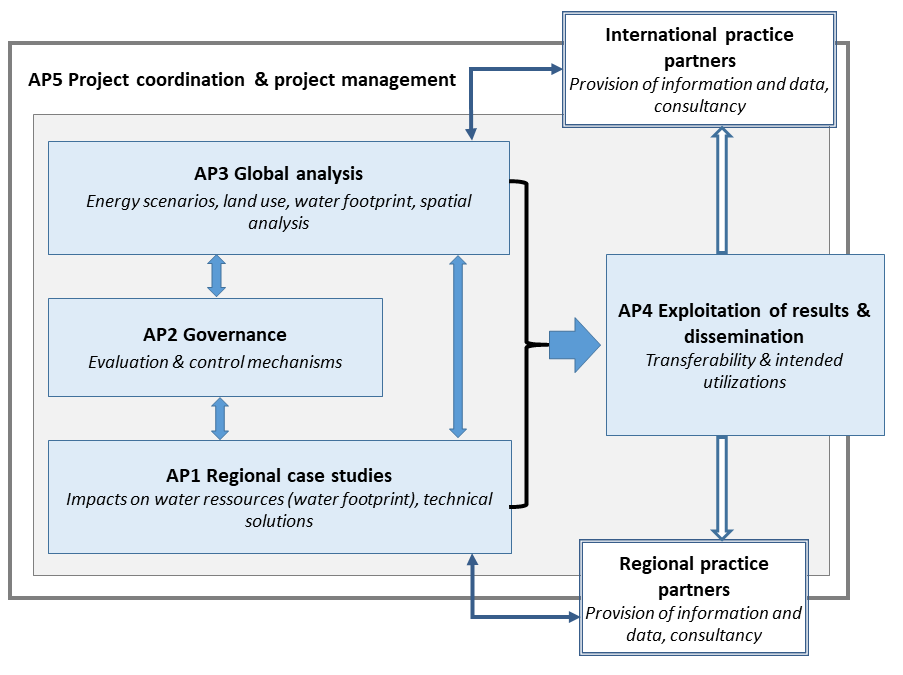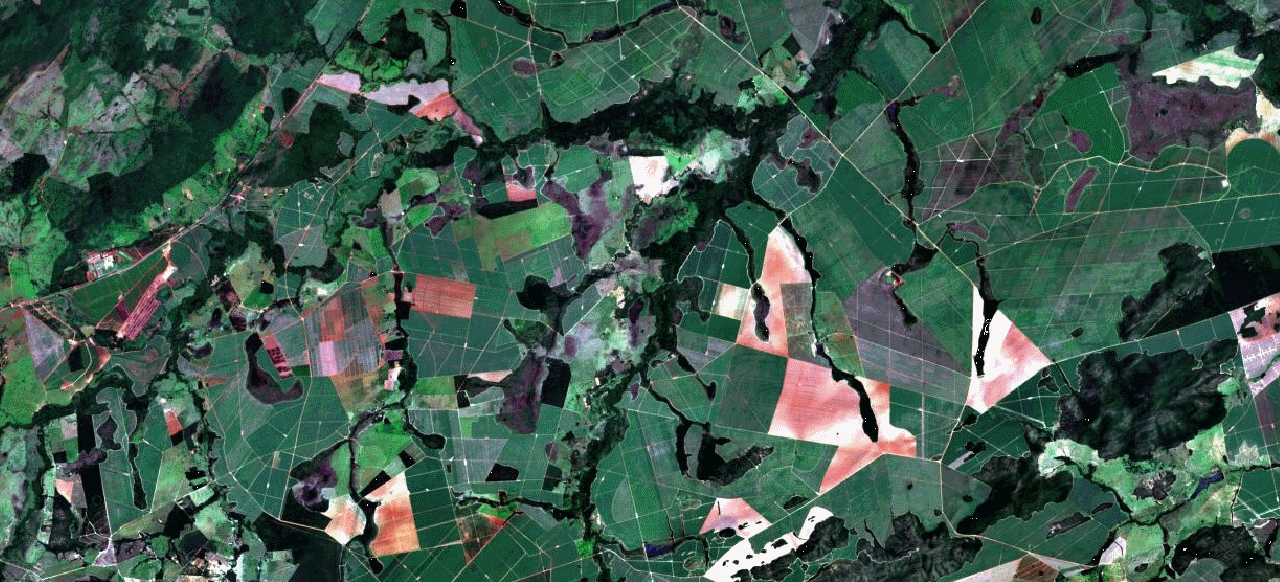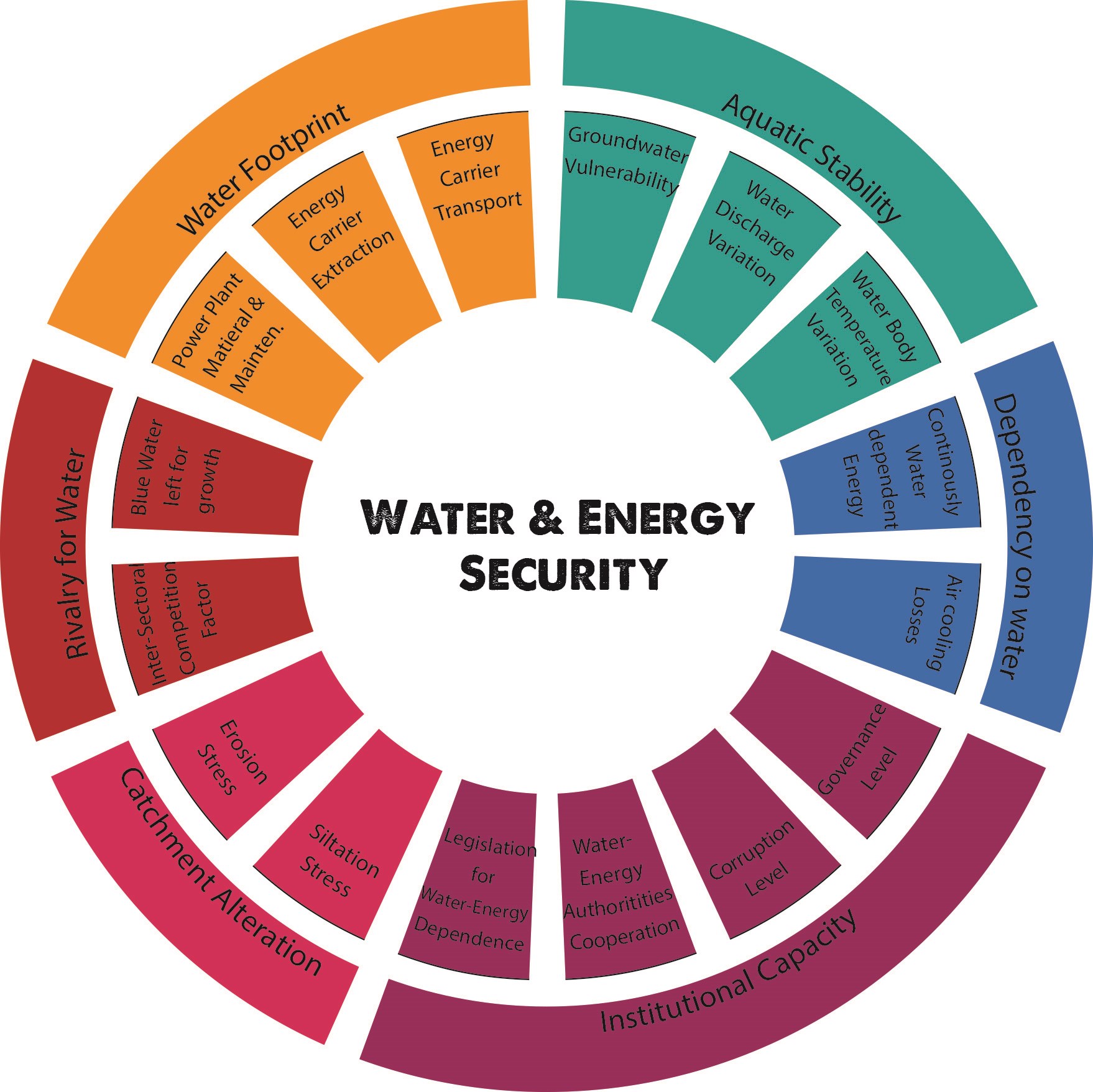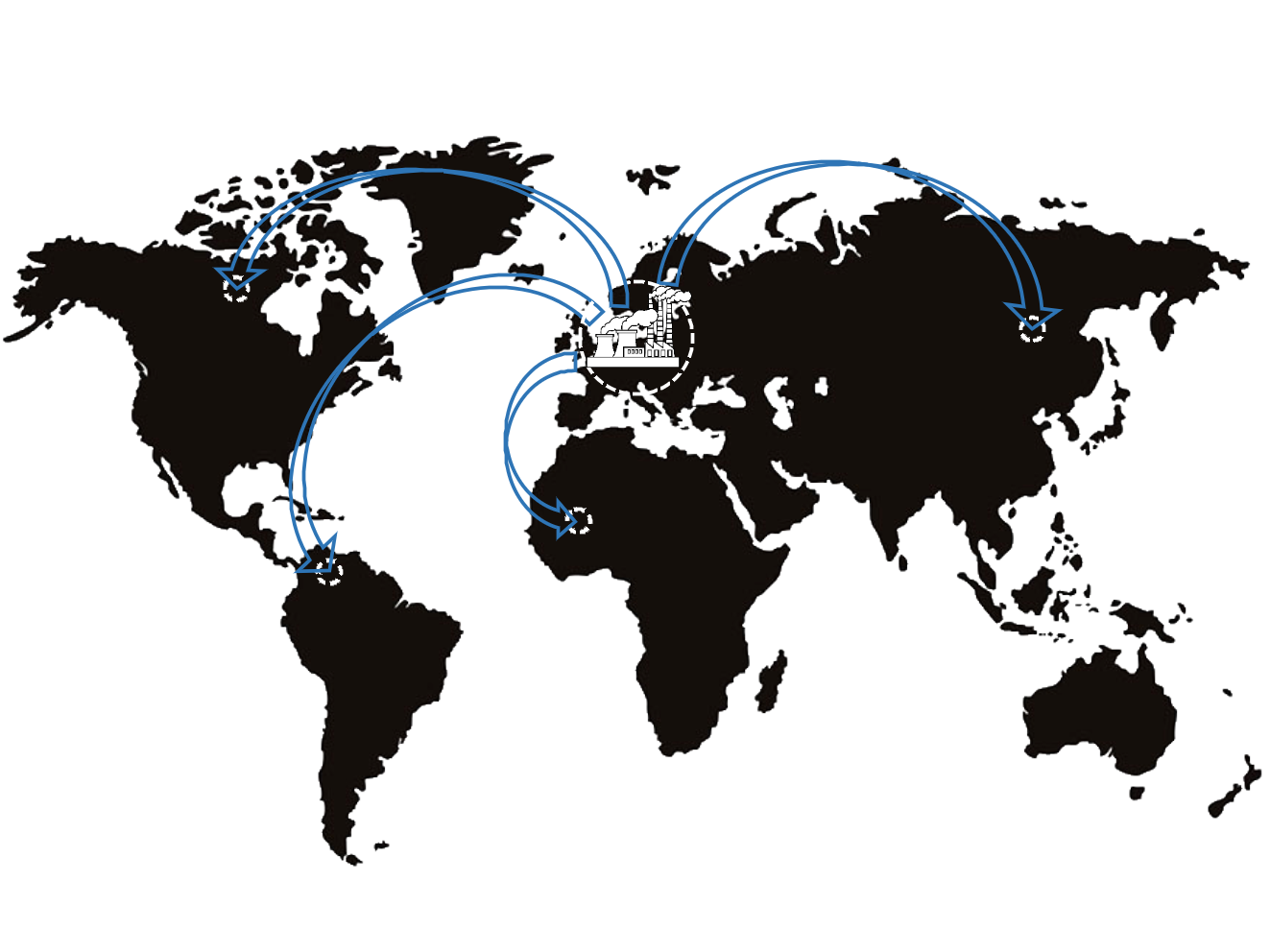Water and energy play a key role in the sustainable development of Germany and of the world.
What is the link between water and energy transition? The overall focus of the project will be the question, if reduced water availability limits the use of conventional energy systems and thus can accelerate the energy transition, or if it may decelerate it instead.
How does energy consume water in other countries? For the first time, impacts of energy production on water resources will not only be demonstrated locally and regionally (through the example of four case studies located in Germany (2), Brazil and Morocco). Moreover indirect, remote impacts on different regions throughout the world (e.g. through the usage of mineral commodities with high water demand) will be illustrated. Regional water availability will be considered to identify regions with water stress.
On which scale do we work? WANDEL follows a global approach with regional resolution: Not only hotspots of water availability along global energy supply chains shall be identified (e.g. specific process steps). There shall also be a spatial connection to identify regional hotspots of water availability (e.g. copper mining in Chile).
What do we want to achieve? Our claim is a global comparison of technologies and energy scenarios regarding water consumption by analyzing different data and models. Within the case studies (1) regulatory and technical solutions will be developed to reduce negative impacts, (2) qualified consulting services will be rendered and (3) results will be innovatively presented and provided in an Web-GIS.





